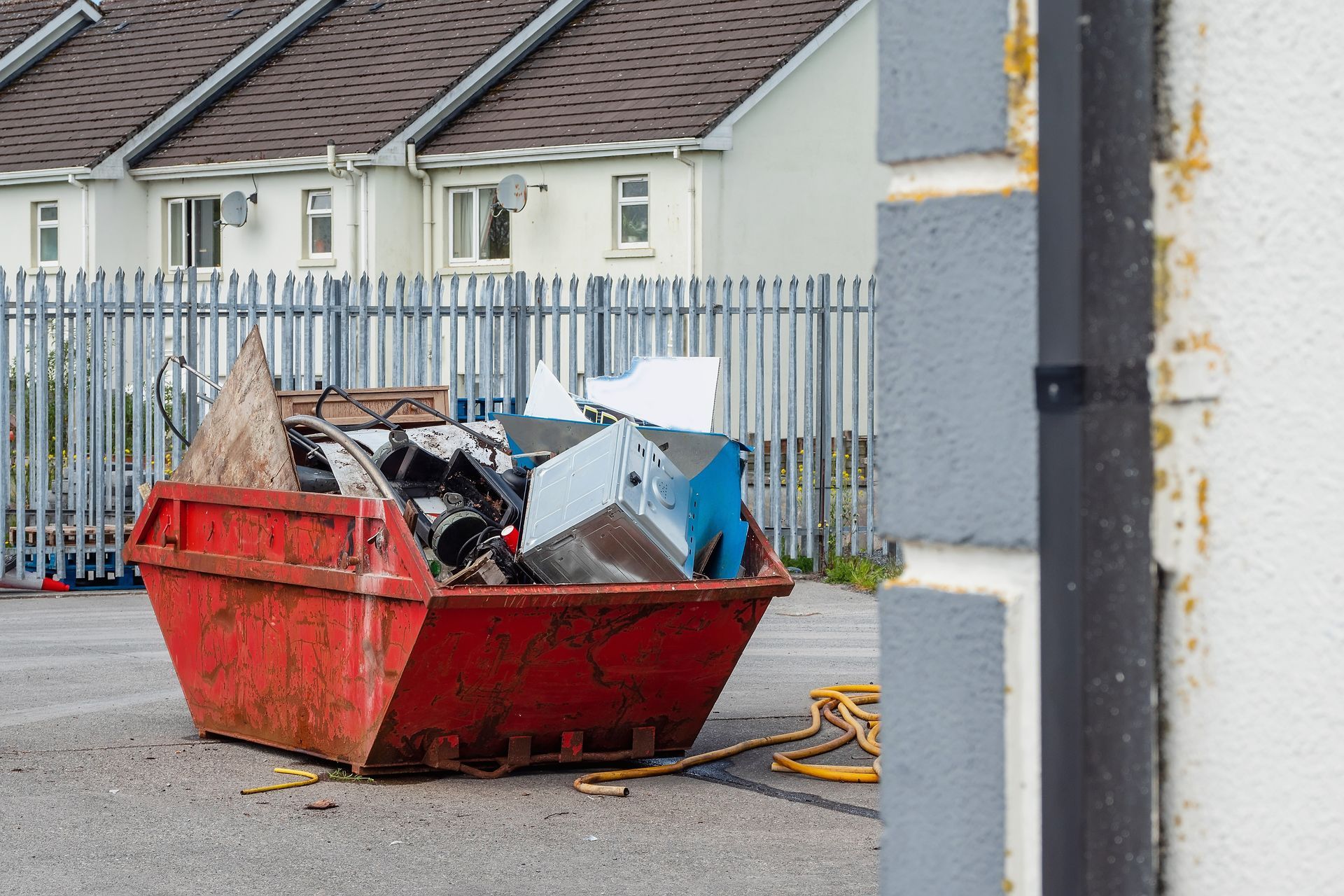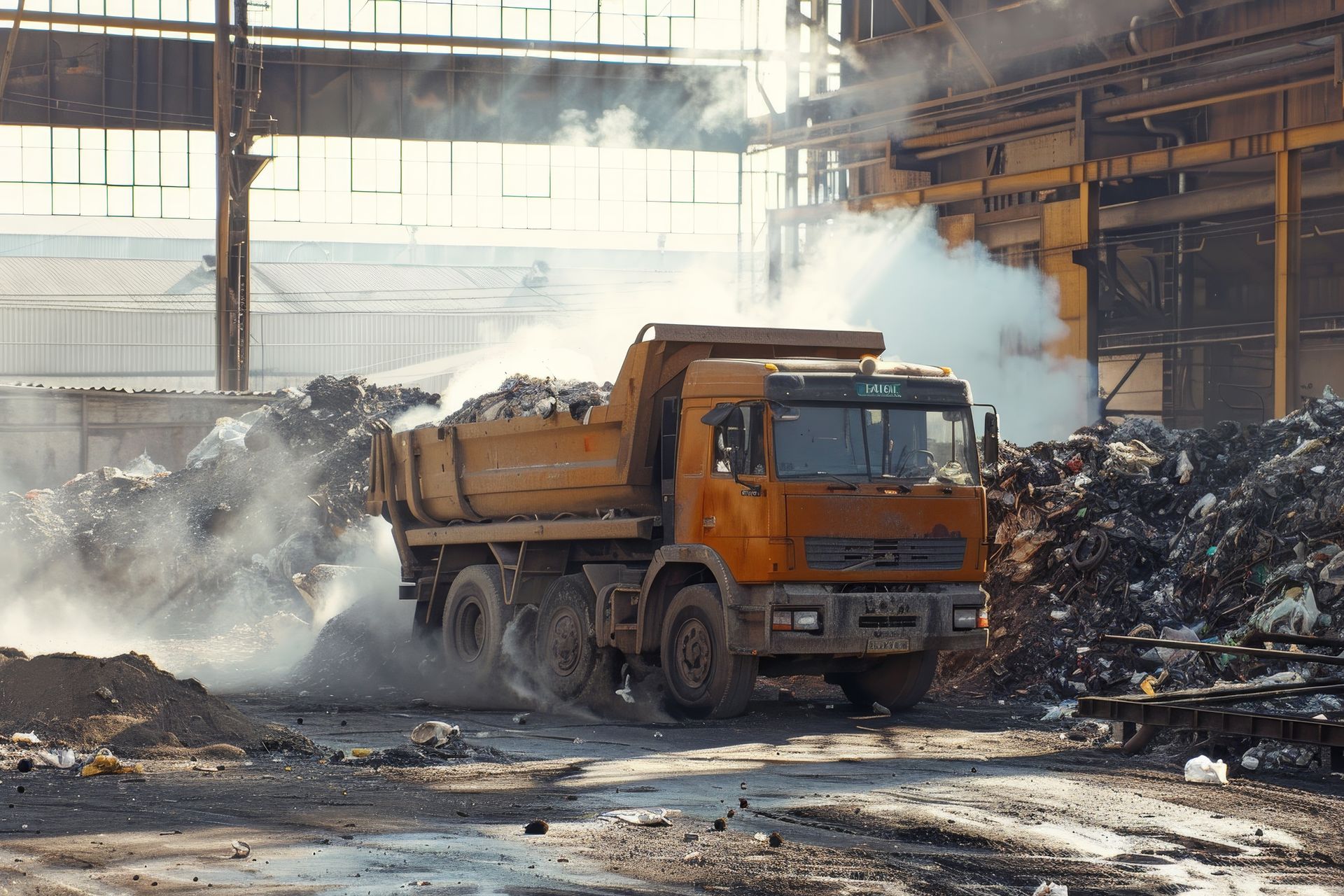Business Waste Regulations 2025
In 2025, the UK is implementing significant changes to business waste regulations, aiming to enhance environmental sustainability and promote responsible waste management. These new regulations mandate businesses to adopt stricter waste segregation practices, ensuring recyclable and organic materials are properly separated from general waste. Understanding and complying with these changes is crucial for UK business owners to avoid penalties and contribute to national environmental goals.
At Group Services Northwest (GSNW), we are committed to providing comprehensive waste management solutions to help businesses navigate these regulatory changes effectively. Our expertise ensures that your business remains compliant while implementing efficient and sustainable waste management practices. For more information on our services, please visit GSNW Waste Management Services.
Below, we address the most frequently asked questions regarding the new business waste regulations in 2025:
What are the new business waste regulations coming into effect in 2025?
The UK government has introduced new regulations requiring businesses to separate their waste into specific categories: dry recyclables (plastic, metal, glass, paper, and card), food waste, and residual waste. These regulations apply to all businesses with 10 or more employees from 31 March 2025, while those with fewer than 10 employees have until 31 March 2027 to comply.
The aim of these regulations is to improve recycling rates and reduce environmental impact by ensuring recyclable materials are processed appropriately. Businesses must present separated waste in accordance with arrangements made with their waste collectors. This means establishing systems within the workplace to collect and store different types of waste separately. Failure to comply can result in legal penalties, including fines, and can harm a company's reputation. It is essential for businesses to assess their waste management practices, train staff on the new requirements, and collaborate with licensed waste collectors to ensure compliance.
Which businesses are affected by the 2025 waste regulations?
The regulations apply to all non-domestic premises in England with 10 or more full-time employees, including businesses, schools, hospitals, and other organisations. Premises with fewer than 10 full-time employees have until 31 March 2027 to comply.
These regulations extend beyond traditional businesses to include educational institutions, healthcare facilities, and various organisations. The government aims for a comprehensive approach to waste management, ensuring that all sectors contribute to environmental sustainability. Smaller establishments are given a grace period to accommodate the challenges of implementing new waste management systems. However, early compliance is advisable to avoid last-minute adjustments. Staying informed about the specific requirements and timelines is essential for all affected entities.
What types of waste need to be separated under the new regulations?
Businesses are required to separate the following waste streams:
Dry Recyclable Materials: Plastic, metal, glass, paper, and card.
Food Waste: All biodegradable food materials.
Residual Waste: Non-recyclable waste items.
Garden Waste: If applicable, must be recycled or composted.
The purpose of these categories is to streamline the recycling process and reduce landfill waste. Businesses generating food or garden waste must ensure proper disposal methods are in place. Implementing these segregation practices requires assessing current waste production and establishing clear collection systems. Staff training is crucial to ensure compliance and prevent contamination of recyclables. Working with a waste management provider like GSNW can help businesses meet these new requirements effectively.
How can my business comply with the new waste regulations?
To comply with the new regulations, businesses should:
Conduct a Waste Audit: Assess the types and volumes of waste your business produces.
Implement Segregation Systems: Set up clearly labelled bins for each waste stream (dry recyclables, food waste, residual waste).
Train Employees: Educate staff on proper waste segregation practices and the importance of compliance.
Partner with Licensed Waste Collectors: Ensure your waste is collected and processed according to legal requirements.
Monitor and Review: Regularly check compliance and improve waste management processes where necessary.
Working with an experienced waste management company like GSNW can simplify the compliance process. We provide tailored waste collection services, ensuring businesses meet regulatory requirements while improving efficiency.
What penalties will businesses face for non-compliance of business waste regulations?
Failure to comply with the new waste regulations can result in fines, enforcement notices, and reputational damage. Local authorities have the power to inspect business waste management practices and issue penalties for violations.
Non-compliance may lead to fixed penalty notices or prosecution in severe cases. Businesses should prioritise compliance to avoid financial penalties and operational disruptions. Implementing a structured waste management system reduces the risk of non-compliance and ensures a sustainable business approach. Staying updated with local authority guidelines and seeking professional advice from waste management providers can help businesses avoid legal repercussions.
How do the new waste regulations impact waste collection costs?
Businesses may experience changes in waste collection costs, depending on the efficiency of their waste segregation. Proper separation of recyclables can reduce disposal costs, as recycling is generally cheaper than landfill disposal.
Waste management companies may adjust pricing structures based on the volume and type of waste collected. Businesses that effectively implement waste segregation practices could see cost savings in the long run. Consulting with a waste management provider can help identify cost-effective solutions tailored to specific business needs.
Can businesses apply for exemptions from the waste regulations?
Exemptions may apply in exceptional circumstances where compliance is not feasible due to operational constraints. Businesses must provide evidence and apply for exemptions through their local authority.
While most businesses are expected to comply, those facing unique challenges should engage with regulatory bodies early to explore possible exemptions. Authorities assess applications based on practicality and environmental impact. Seeking professional guidance ensures businesses understand their options and make informed decisions.
What steps should businesses take before March 2025?
Businesses should act now by assessing their waste generation, setting up segregation systems, training staff, and establishing agreements with licensed waste collectors. Early preparation ensures a smooth transition and avoids last-minute compliance issues.
Taking proactive measures allows businesses to integrate new waste management practices seamlessly. Engaging with waste management specialists like GSNW can provide tailored solutions and ongoing support.
Where can businesses find additional guidance on waste regulations?
Official guidance is available on gov.uk, as well as through local councils and industry bodies. You can revisit our website for updates or contact us for expert support for compliance.
Regularly checking government updates and consulting with industry experts ensures businesses remain informed about regulatory changes. Partnering with a reliable waste management provider simplifies compliance and enhances sustainability efforts.
Fast, Effective Business Waste Removal with Reliable, Trained Teams
Your service is fast and effective because of well-trained teams, modern equipment, and streamlined processes. Prompt scheduling and efficient operations ensure quick waste removal, minimising disruption to your routine. With a focus on reliability and responsiveness, you receive high-quality results within tight timeframes, keeping your projects on track.



